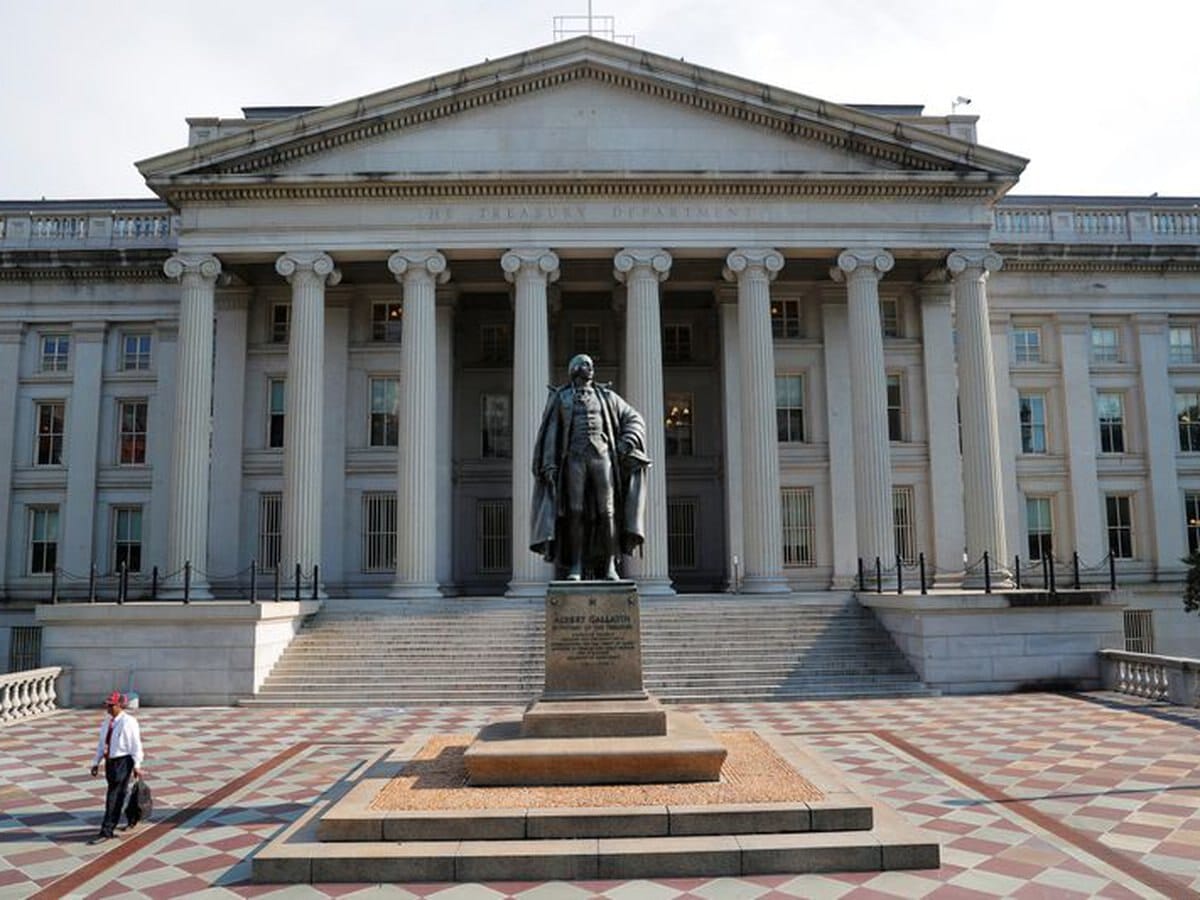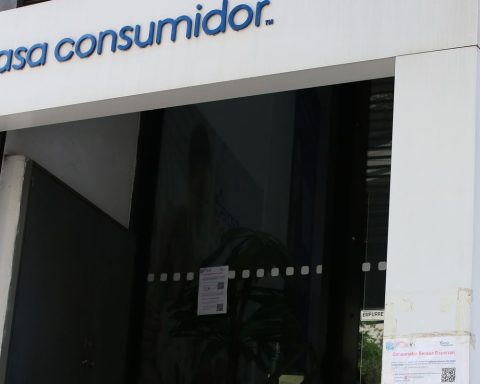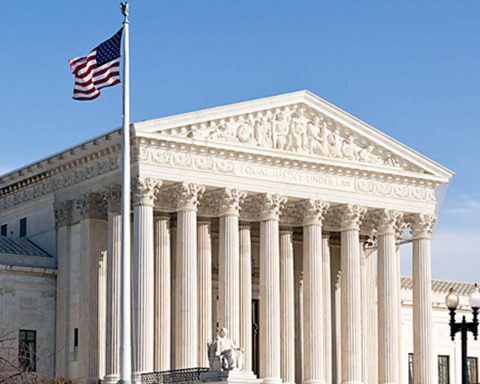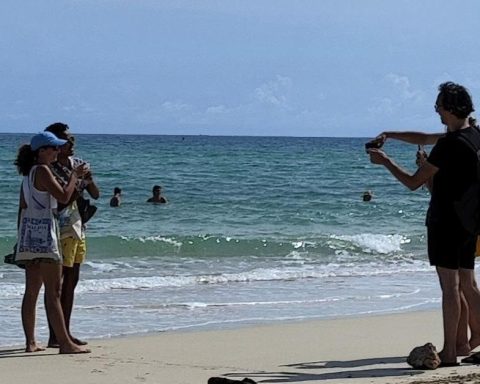The United States Department of the Treasury sanctioned this Friday, June 17, the Nicaraguan Mining Company (Eniminas), and the president of its Board of Directors, Ruy López Delgado, appointed to the position last February by the regime of Daniel Ortega and Rosario Murillo.
“High-ranking members of the Ortega-Murillo regime have benefited greatly from the increase in gold exports from Nicaragua in recent years, due in large part to the outsized role that Eniminas has played in funneling profits to private sector partners and bribes to members of the regime,” according to a US Treasury statement.
It details that “In 2021, Nicaraguan gold exports to the United States increased by 30%, totaling more than 744 million dollars. These exports represented 79% of all Nicaraguan gold exports during the year.
According to the document, the Ortega dictatorship uses “gold revenues to continue oppressing the people of Nicaragua and participating in activities that represent a threat to the security of the hemisphere.”
According to publications of CONFIDENTIAL, crude gold exports grew 172.8% between 2017 and 2021, going from 322.7 million to 880.5 million dollars. This growth of 557.8 million dollars is one of the indications that the researcher of IBI Consultants, LLC, Douglas Farah, has pointed out to affirm that the Ortega regime “is triangulating Venezuelan gold” to export it as Nicaraguan.
“As the Ortega-Murillo regime becomes increasingly involved with Russia and continues to fill its coffers with significant revenues exploited from the Nicaraguan gold sector, the regime has turned its back on the Nicaraguan people, neglecting their livelihoods for the regime profits,” Treasury Under Secretary for Terrorism and Financial Intelligence Brian E. Nelson said, according to the statement.
He added that “the United States continues to support the Nicaraguan people against the unjust imprisonment of political opponents and the sustained assault on Nicaraguan democracy by the Ortega-Murillo regime.”
Warning at Summit of the Americas
The decision of the US Treasury comes after the person in charge of the US Department of State for Latin America, Brian Nichols, stated on Monday, June 6, that They were preparing a new round of sanctions against Nicaragua.
“We expect profound changes in their way of acting and if not, we are going to take measures to express our disagreement with the political pressure that exists in Nicaragua at this time,” said Nichols before the opening of the Civil Society Forum, in the framework of the IX Summit of the Americas.
The Treasury Department recalls that, as a result of the sanctions, “all property and interests in the property of these persons that are in the United States or in the possession or control of United States persons are blocked and must be reported to OFAC (Office Control of Foreign Assets)”.
In addition, “any entity that is owned, directly or indirectly, by 50% or more of said persons is blocked. OFAC regulations generally prohibit all dealings of US persons or within (or in transit) the United States involving any property or interest in property of blocked or designated persons.”
The latest round of US sanctions against Ortega It was given on January 10in the context of the act of self-proclamation of Ortega and Murillo, for a new period of Government, after a voting process without transparency, under the shadow of repression and without political competition.
Third president sanctioned
Prior to “mock inauguration” Ortega and Murillo, OFAC sanctioned six regime operators, including Ramón Humberto Calderón Vindell, retired Major General, former chairman of the board of directors of the Nicaraguan state oil company Petróleos de Nicaragua and chairman of the Board of Directors of Eniminas.
In July 2018, the United States Treasury Department sanctioned Francisco López Centeno, who served as president of Eniminas. With the The current sanction against López Delgado is that there are three Ortega officials punished in the performance of that position.
Two mining industry executives explained to CONFIDENTIALlast February, that the sanction to the president of Eniminas “shouldn’t affect” the normal performance of the mining activity in the country, since the affected party is only an individual person, and that the entity is just another company, “not the governing body”.
According to both sources, for private companies that have concessions to explore or extract precious metals, the risk exposure “is practically non-existent” because its governing entity is the Ministry of Energy and Mines (MEM), not the public company.
“Eniminas is a state company, and as such, it could compete with us, although I do not know that there are private companies that have activities with them,” said one of the sources in the sector.
“All the companies in the sector are private and with whom they have to interact in a forced way according to the law, to manage permits and everything, is with the MEM. No one is obliged to do business with Eniminas, and if someone does it it is because they want to, but they can stop doing it if they want to”, he added.















